The ReSpace! research group is a cutting-edge initiative bringing together a vibrant, interdisciplinary team committed to rethinking space and spatial reconfigurations in response to climate change, resource shortages, societal and environmental transformations.
ReSpace! advances an integrated understanding of how spatial infrastructures and typologies can be transformed for climate adaptation – addressing climate change, resource constraints and societal demands in the complex interplay of global and local impacts. Building on cross-disciplinary collaboration between architecture and urban design, the humanities, social and natural sciences, and engineering, we will co-design, narrate, simulate, and evaluate innovative solutions for future sustainable living.
Partnering with actors – cities, municipalities, NGOs, non-university research institutions and industry – ReSpace! focuses not only on developing spatial role models, but also on transferring knowledge to regional and institutional stakeholders. The research framework envisions, develops, evaluates and proposes scientifically founded and societally acceptable concepts. ReSpace! lies at the intersection of two of the four of the TU Braunschweig’s core research areas Future City and Mobility.
This project explores how cities must radically transform in response to climate change, resource scarcity, and systemic pressures. It combines visionary design with scientific foresight, using speculative methods and simulation tools to rethink urban spatial types. The goal: new spatial models, design and planning tools that support response-able environments for sustainable, livable futures.
The project explores how integrated, adaptive urban mobility systems can respond to climate change, spatial scarcity, and social needs. It aims to restructure transport through multifunctional mobility hubs, modular units, and smart networks – balancing passenger and freight flows. By rethinking mobility in three dimensions, it promotes equitable access, efficient use of space, and inclusive, sustainable urban transformation.
The project explores how cultural narratives and spatial imaginaries shape and respond to urban disruptions. Bridging literary studies, urban sociology, and environmental humanities, it investigates how stories about infrastructure, climate migration, and inequality reflect and challenge urban realities—contributing to debates on ecological justice and reimagining future cities.
This project develops a hybrid modelling approach combining observational data, process-based models, and machine learning to quantify the effects of blue, green, and grey infrastructure (BGGI) on urban climate adaptation and mitigation. It investigates how BGGI performance varies across urban typologies and explores trade-offs and synergies, including links to environmental justice based on socio-economic data.
The project envisions “response-able” factories - both responsible and capable of adapting - in the context of distributed and decentralized value chains. Designed to operate within planetary boundaries, these factories will be built using modular, reconfigurable volumes and sustainable materials, integrated into smart, vertically organized structures. They will reabsorb waste into production through localized strategies and circular material flows, supporting a regenerative and resilient industrial ecosystem.
This project develops a flexible framework to manage diverse urban models – ranging from high- to low-fidelity – by accounting for uncertainty, scope, and relevance. It enables planners to integrate heterogeneous models under real-world constraints, supporting evidence-based, trustworthy decisions across domains. Model management becomes essential for robust, adaptive, and computationally efficient urban planning.
The project explores future mobility infrastructures that go beyond transport – integrating social, spatial, and environmental functions. It develops design principles for multifunctional, locally rooted, and digitally fabricated structures. Using AI and multiparameter modelling, the project tests how mobility systems can enhance public space, sustainability, and identity.
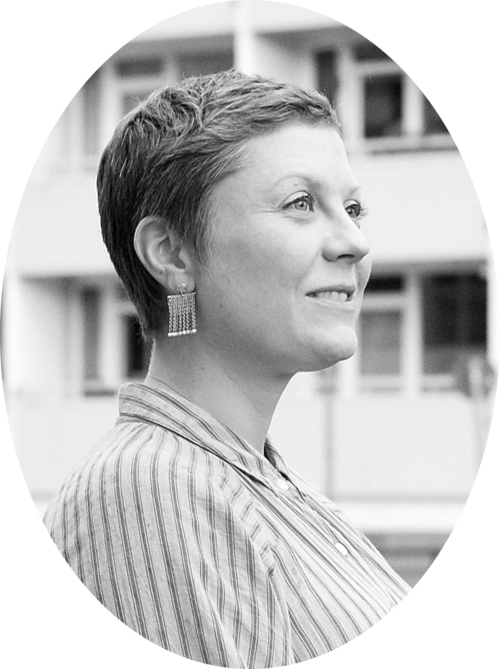
Prof. Dr.
Vanessa Miriam Carlow
Speaker ReSpace!
Institute for Sustainable Urbanism (ISU)
www.spacelab-isu.org
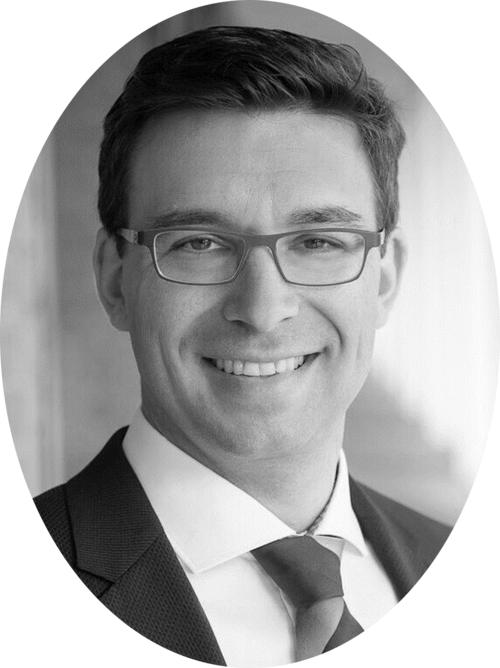
Prof. Dr.-Ing.
Jürgen Pannek
Institute for Intermodal Transport and Logistic Systems (ITL)
www.tu-braunschweig.de/itl

Prof. Dr.-Ing.
Christoph Herrmann
Institute of Machine Tools and Production Technology (IWF)
www.tu-braunschweig.de/iwf

Prof. Dr.
Stephan Weber
Climatology and Environmental Meteorology
www.tu-braunschweig.de/geooekologie
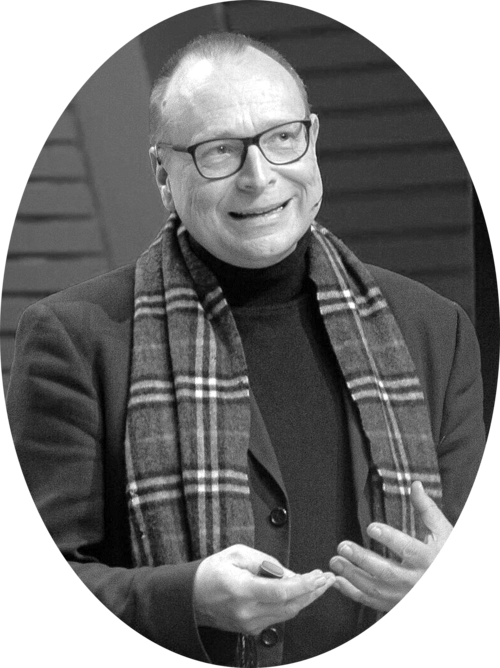
Prof. Dr.
Eckart Voigts
Co-Speaker ReSpace!
English and American Studies (EAS)
www.tu-braunschweig.de/anglistik
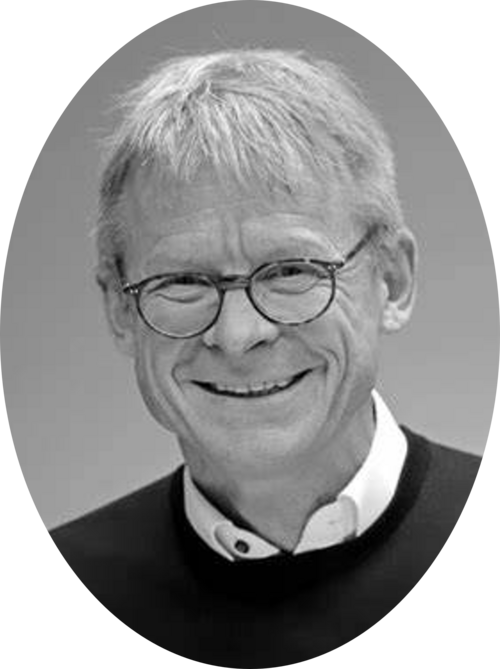
Prof. Dr.-Ing.
Bernhard Friedrich
Institute of Transportation and Urban Engineering (IVS)
www.tu-braunschweig.de/ivs
With Ecoversity – Collaborative space for change TU Braunschweig is focusing on pooling the strengths of our high-performing research region and strengthening the support structures necessary for collaboration. It creates new spaces in research, teaching, administration, and knowledge transfer to enable even more intensive cross-disciplinary and cross-institutional collaboration, as well as to harness synergies between the university and research institutions, society, business, politics, and culture.
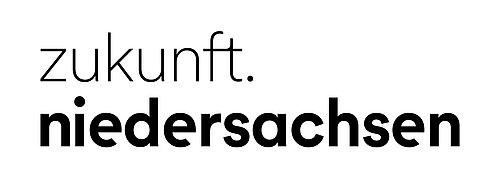
Funded by zukunft.niedersachsen, the joint science funding program of the Lower Saxony Ministry of Science and Culture and the Volkswagen Foundation.
